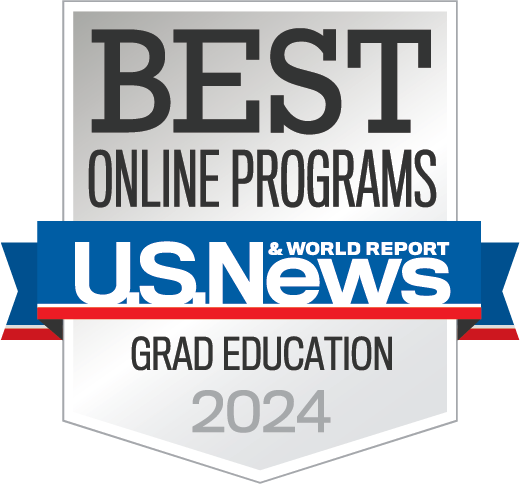Dr. Shin publishes paper using computational linguistic tools to understand pedagogical discourse in online video lectures in Algebra classes
Despite the proliferation of video-based instruction and its benefits—such as promoting student autonomy and self-paced learning—the complexities of online teaching remain a challenge. To be effective, educators require extensive training in digital teaching methodologies. As such, there’s a pressing need to examine and comprehend the intricacies of instructors’ communication patterns within this context. This research addresses the pressing need to understand pedagogical discourse in online video lectures in Algebra classes by employing computational linguistic tools and natural language processing (NLP). Using transcripts from 125 Algebra 1 video lectures—comprising 4962 instances of pedagogical discourse—from five instructors at Math Nation, a virtual math learning environment, we analyzed the conveyance of linguistic, attitudinal, and emotional nuances. With the aid of 26 Coh-Metrix and SÉANCE features, we classified educators’ language choices, achieving an accuracy of 86.7%. Furthermore, variations in language choices, as signified by discourse markers, were examined through a K-means clustering approach. The resulting 17 clusters were grouped into interpersonal, structural, and cognitive pedagogic functions. Through this exploration, we demonstrate the promising potential of NLP in efficiently deciphering pedagogical communication patterns in video lectures. These insights open a new avenue for research, aimed at assessing the efficacy of digital instruction by scrutinizing pedagogical discourse characteristics in computer-based learning environments.






